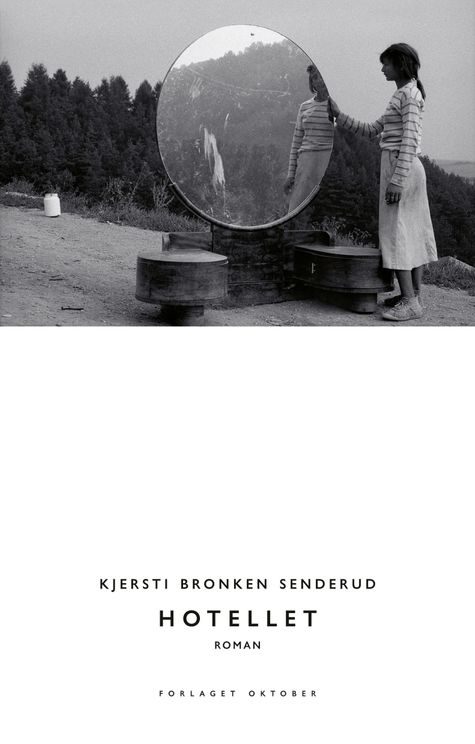The hotel is old and remote, surrounded by a garden with a lawn and gravel paths, a garden pavilion and a pond with water lilies. In the woods behind, there is a small forest lake, and even further away, the fjord and the beach.
A young girl arrives at the hotel together with her father and brother, haunted by the absence of their mother, who has died. The girl observes the other hotel guests. Some are on holiday, like herself, others have settled down for a long time, perhaps for good. They play pool and croquet, go bicycling along the paths in the forest, or smoke and talk softly around the tables in the gardens. The permanent guests have retreated, out of necessity, although the reasons are opaque. The hotel seems out of time, a place where all sorrows can find a room.
The girl observes her brother, she observes the grief of her father, and she observes herself. But above all she observers Lola, the hotel manager’s daughter. Lola has little interest in the short term guests, but she does keep an eye on this new girl. And between the two, there is Njål, the receptionist with all the books. It is a summer unlike any other, in a place out of a fairy tale.
The Hotel is a novel about meeting yourself in someone else, about grief and inadequacy and attempts to reconcile, written in prose befitting this solitary hotel: trickling, luminous, muted.

